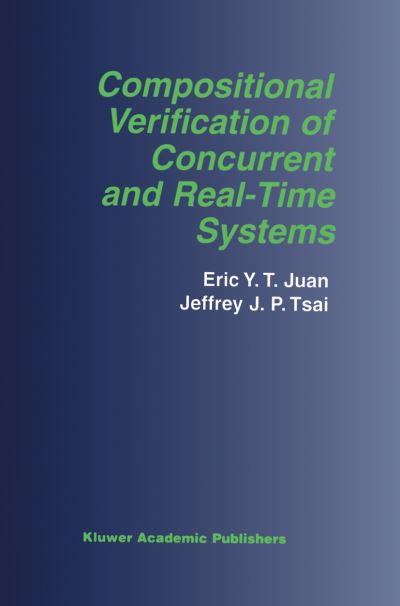
With the rapid growth of networking and high-computing power, the demand for large-scale and complex software systems has increased dramatically. Many of the software systems support or supplant human control of safety-critical systems such as flight control systems, space shuttle control systems, aircraft avionics control systems, robotics, patient monitoring systems, nuclear power plant control systems, and so on. Failure of safety-critical systems could result in great disasters and loss of human life. Therefore, software used for safety- critical systems should preserve high assurance properties. In order to comply with high assurance properties, a safety-critical system often shares resources between multiple concurrently active computing agents and must meet rigid real-time constraints. However, concurrency and timing constraints make the development of a safety-critical system much more error prone and arduous. The correctness of software systems nowadays depends mainly on the work of testing and debugging. Testing and debugging involve the process of de- tecting, locating, analyzing, isolating, and correcting suspected faults using the runtime information of a system. However, testing and debugging are not sufficient to prove the correctness of a safety-critical system. In contrast, static analysis is supported by formalisms to specify the system precisely. Formal verification methods are then applied to prove the logical correctness of the system with respect to the specification. Formal verifica- tion gives us greater confidence that safety-critical systems meet the desired assurance properties in order to avoid disastrous consequences.
| ISBN: | 9781402070259 |
| Publication date: | 30th April 2002 |
| Author: | Eric Y T Juan, Jeffrey JP Tsai |
| Publisher: | Springer an imprint of Springer US |
| Format: | Hardback |
| Pagination: | 196 pages |
| Series: | The Kluwer International Series in Engineering and Computer Science |
| Genres: |
Software Engineering Expert systems / knowledge-based systems Mechanical engineering Computer architecture and logic design Artificial intelligence |